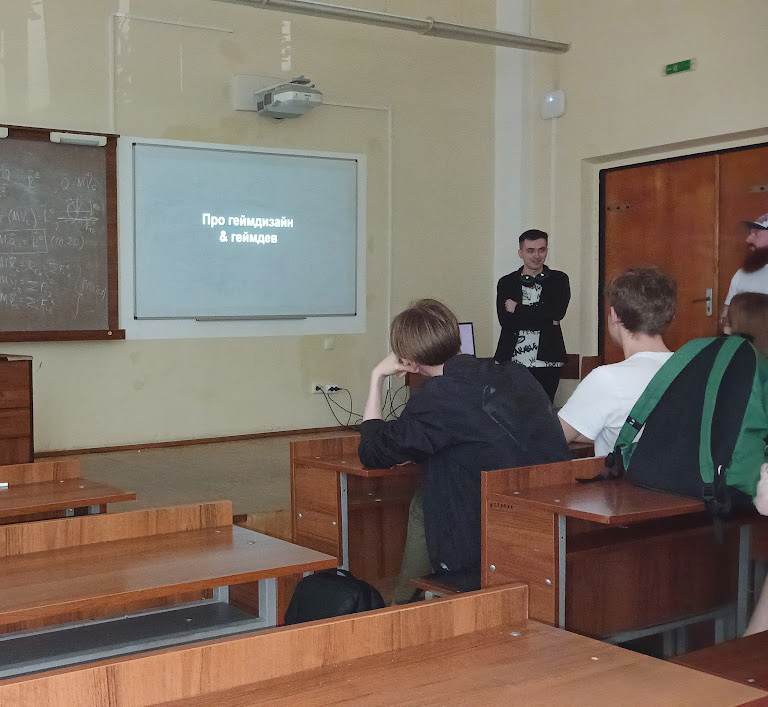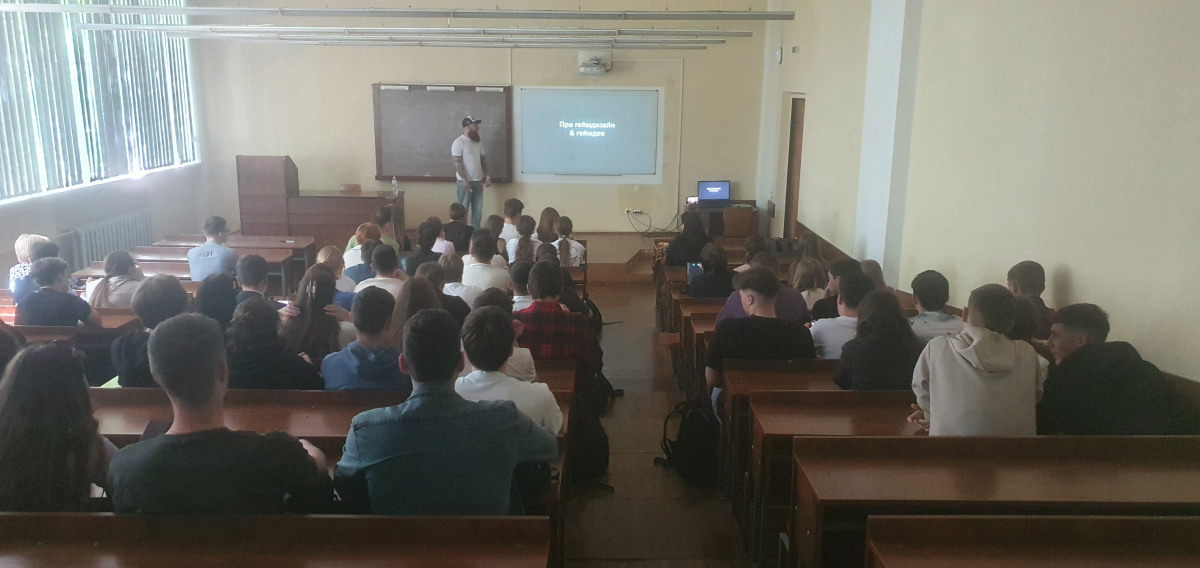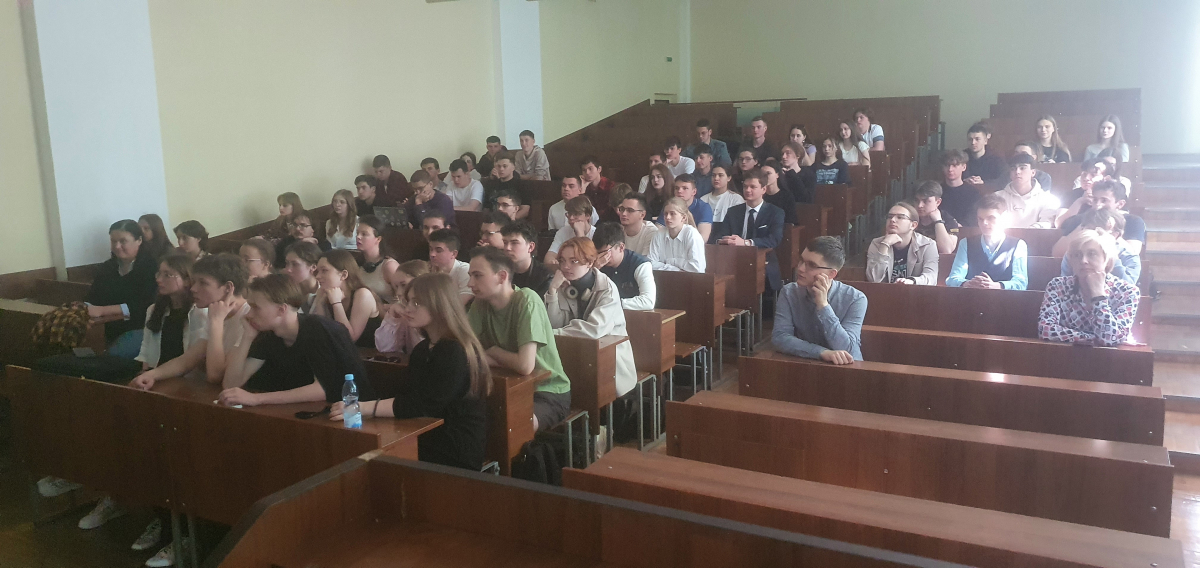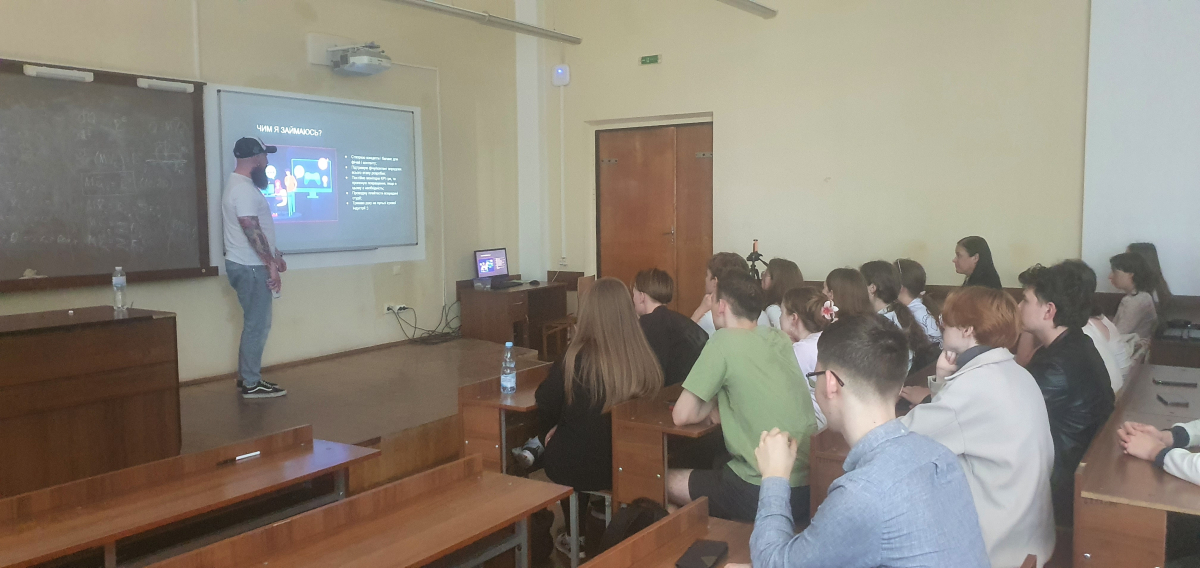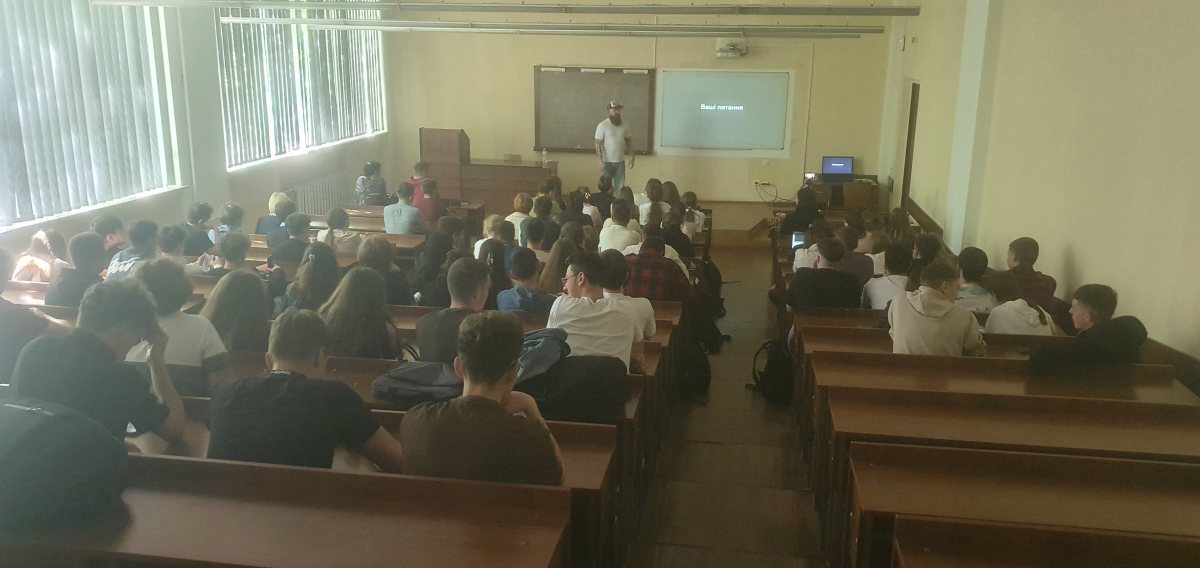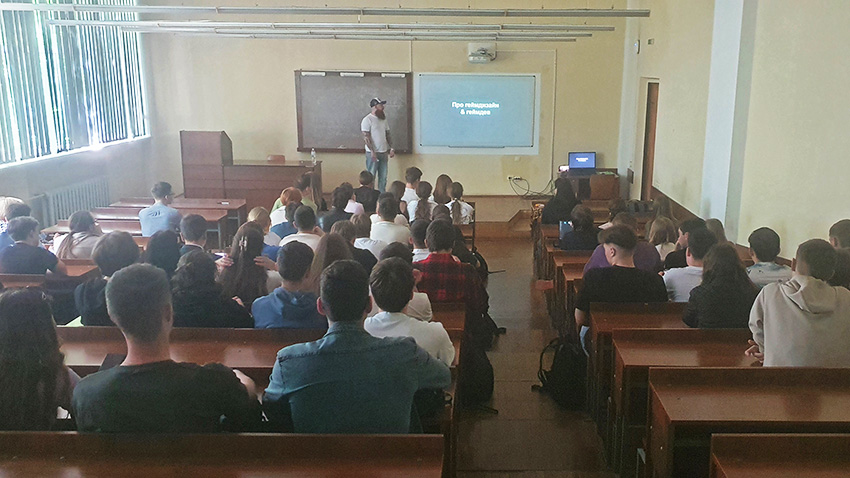The Department of Software, the Institute of Computer Science and Information Technologies, Lviv Polytechnic, continues to actively develop modern educational trajectories for students within the framework of elective blocks that form special professional competences of future professionals in the field of Information Technology. The Software Engineering study programme, which provides bachelor’s degrees, covers a wide range of relevant areas: from software development and web technologies to artificial intelligence, IoT, virtual reality, and computer game development.
An important component of the programme is the Multimedia and Games Programming elective block, which is implemented in cooperation with leading IT companies, including N-iX and DataArt. With the support of these partners, a specialised laboratory has been equipped where students can work with modern technologies used in the industry, and the content and work programmes for the disciplines of Game Design and Development and Virtual Reality have been developed.
This elective block not only prepares specialists to work in the field of game development, but also produces real results. Graduates of the Department who chose this direction are already actively working in international companies, realising themselves as programmers, game world designers, analysts and virtual space engineers.
Vladyslav Kashevka, a graduate of the Department of Software who works in the field of game development, actively shares his experience with students and initiates new formats of cooperation between graduates and the Department. On 29 April 2025, he initiated an open meeting with Pavlo Hladkyi, a leading game designer at the international company Plarium, a specialist with over ten years of experience in the industry.
Such meetings are not just an additional option in the educational process. They develop students’ ability to see themselves as part of the industry, think in terms of real projects, and understand the complexity and dynamics of software development in specific market conditions. At the same time, they provide teachers with new guidelines for updating the content of academic disciplines.
During the discussion, a proposal was made to launch a student game development club where students would be able to work on their own ideas, create prototypes, and experiment with engines and mechanics under the mentorship of graduates. This initiative has already been supported by both students and academics.
